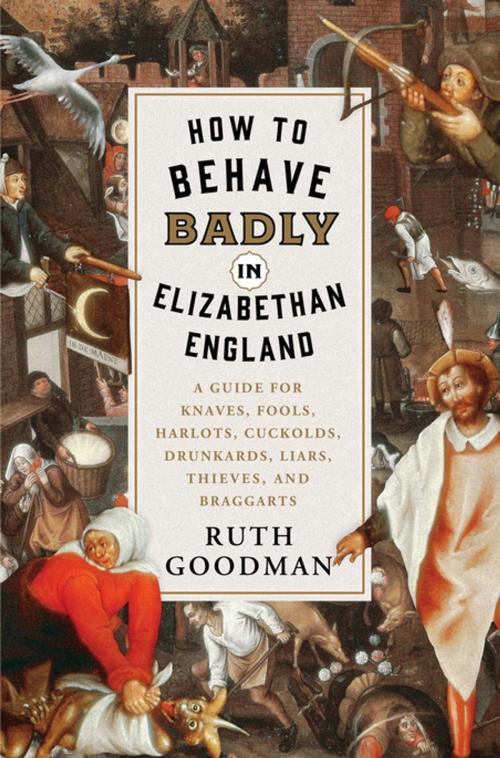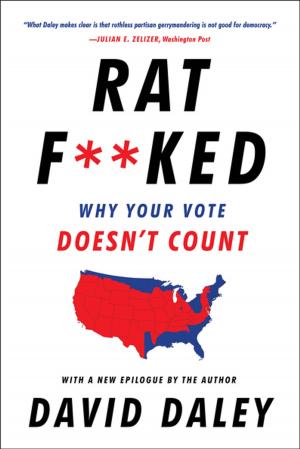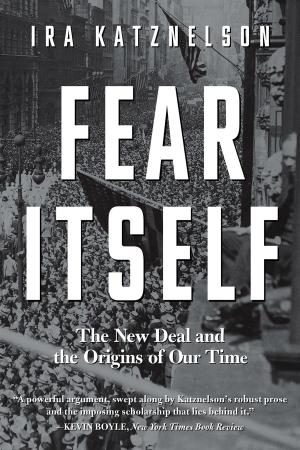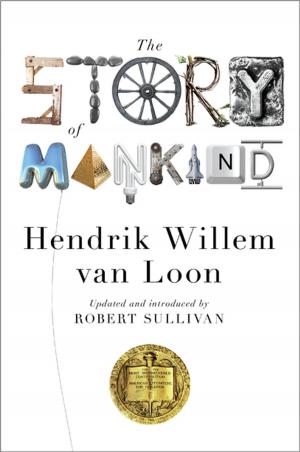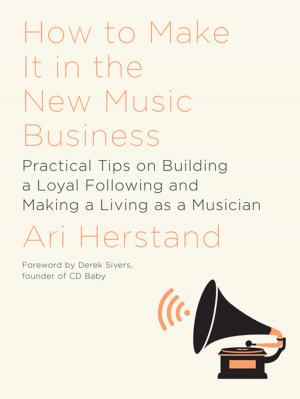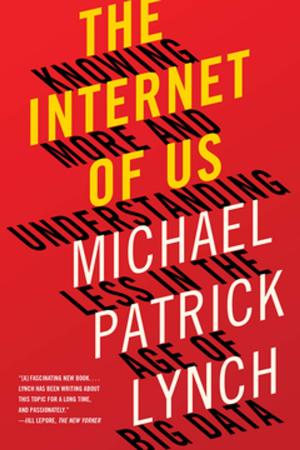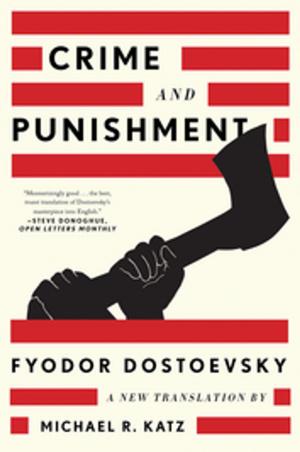How to Behave Badly in Elizabethan England: A Guide for Knaves, Fools, Harlots, Cuckolds, Drunkards, Liars, Thieves, and Braggarts
Nonfiction, History, Renaissance, British| Author: | Ruth Goodman | ISBN: | 9781631495120 |
| Publisher: | Liveright | Publication: | October 30, 2018 |
| Imprint: | Liveright | Language: | English |
| Author: | Ruth Goodman |
| ISBN: | 9781631495120 |
| Publisher: | Liveright |
| Publication: | October 30, 2018 |
| Imprint: | Liveright |
| Language: | English |
Offensive language, insolent behavior, slights, brawls, and scandals come alive in Ruth Goodman’s uproarious history.
Every age and social strata has its bad eggs, rule-breakers, and nose-thumbers. As acclaimed popular historian and author of How to Be a Victorian Ruth Goodman shows in her madcap chronicle, Elizabethan England was particularly rank with troublemakers, from snooty needlers who took aim with a cutting “thee,” to lowbrow drunkards with revolting table manners. Goodman draws on advice manuals, court cases, and sermons to offer this colorfully crude portrait of offenses most foul. Mischievous readers will delight in learning how to time your impressions for the biggest laugh, why quoting Shakespeare was poor form, and why curses hurled at women were almost always about sex (and why we shouldn’t be surprised). Bringing her signature “exhilarating and contagious” enthusiasm (Boston Globe), this is a celebration of one of history’s naughtiest periods, when derision was an art form.
Offensive language, insolent behavior, slights, brawls, and scandals come alive in Ruth Goodman’s uproarious history.
Every age and social strata has its bad eggs, rule-breakers, and nose-thumbers. As acclaimed popular historian and author of How to Be a Victorian Ruth Goodman shows in her madcap chronicle, Elizabethan England was particularly rank with troublemakers, from snooty needlers who took aim with a cutting “thee,” to lowbrow drunkards with revolting table manners. Goodman draws on advice manuals, court cases, and sermons to offer this colorfully crude portrait of offenses most foul. Mischievous readers will delight in learning how to time your impressions for the biggest laugh, why quoting Shakespeare was poor form, and why curses hurled at women were almost always about sex (and why we shouldn’t be surprised). Bringing her signature “exhilarating and contagious” enthusiasm (Boston Globe), this is a celebration of one of history’s naughtiest periods, when derision was an art form.
